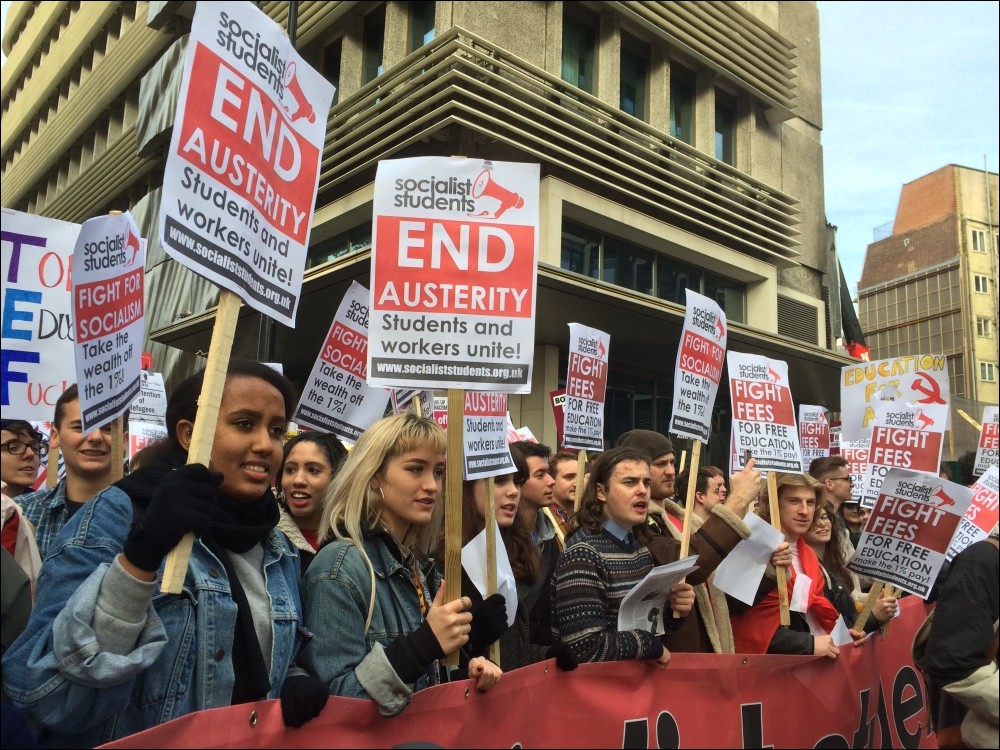For three consecutive nights, last week, the British capital, London, witnessed the remarkable sight of burnings, lootings and attacks on the police by hundreds of young people. By the second night of the disturbances, the action had spread out of London to Birmingham, Liverpool, Manchester and further afield. It was one of the worst scenes of disorder, in a long time in Britain. Coming during the summer vacation, most of the political leaders were out of the country and the police service was severely stressed as hooded youngsters, some as young as eleven years, set fire to dustbins, police vehicles and buildings. Many business premises were vandalized and looted, by gangs of youth who used social networking sites like Twitter and Blackberry messenger, to organize and evade the police.
The original spark for the disturbances was the killing by the police of a suspected Black gangster, Mark Duggan in the Tottenham district of London. Members of the community staged a peaceful protest to the police seeking reason for the fatal killing. They did not get a response. The news and anger was to spread to other parts, leading to riots and the violence in various areas of the British capital. As the police authorities reported, an action in one borough was to spread to four on the second day and up to 20 by the third, becoming very serious in places like Hackney, Croydon, Lewisham, Brixton, Haringey and spreading to the major cities of England, while gripping the attention of television viewers around the world. The Home Secretary, Theresa May was to cut short her holiday and was followed by the Prime Minister, David Cameron. The leading politicians began to stress the law and order approach to the problem, promising swift justice and severe punishment for all those that took part in the rioting and looting.
By Tuesday night last week, over 16,000 policemen had been deployed in London, while in some neighbourhoods, vigilantes emerged attempting self-help to stem the situation, which at a point had led to calls for the deployment of troops and use of water cannons against the demonstrators. Hundreds of these young demonstrators have been arrested, and by midweek, last week, all detention facilities in the British capital were fully occupied. The post-mortem of the last few days have indicated a serious crisis of disconnect between the British political establishment and the young people, especially the vast majority growing up in the rundown housing complexes in the cities of England. There are no hopes for jobs for many in the current economic climate, while the cost of education has soared under the policies of the ruling conservative government.
But more fundamentally, is the crisis of the neoliberal capitalist system which continues to bail out the rich bankers that have done so much to trigger the prevalent economic conditions in all the advanced countries of the Western world. The spread of crisis has caught up with the USA; Spain and Italy are in crisis; it has reached the level of rebellion in Greece and even in Israel, they are on the streets demonstrating. The injustice at the heart of contemporary economic relations is central to the actions of the past week in England. They will have to remove those injustices in the long run, even if they have chosen to administer punitive justice as deterrence in the short term. A world of injustice does not profit the rich and powerful while the poor and weak suffer.


